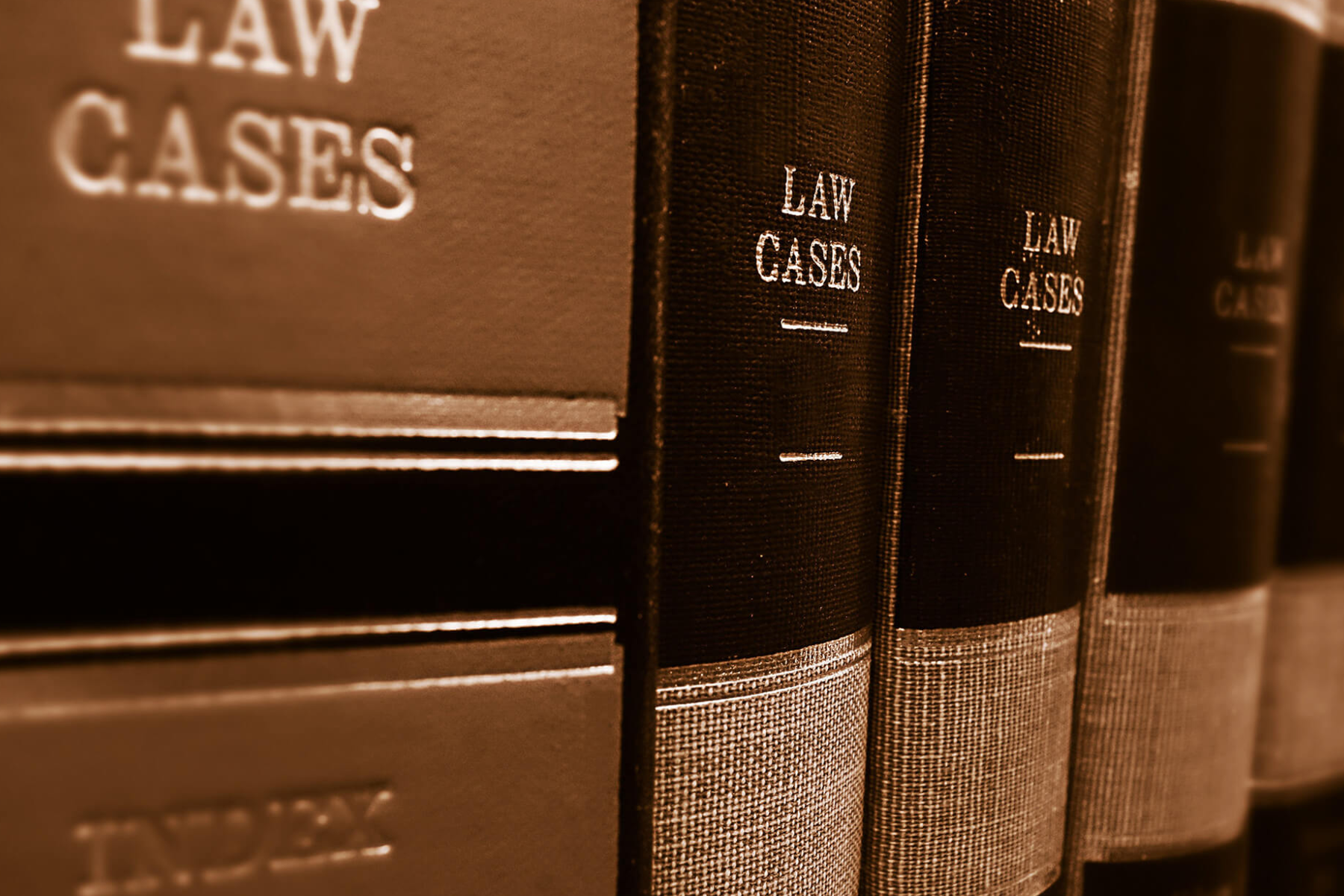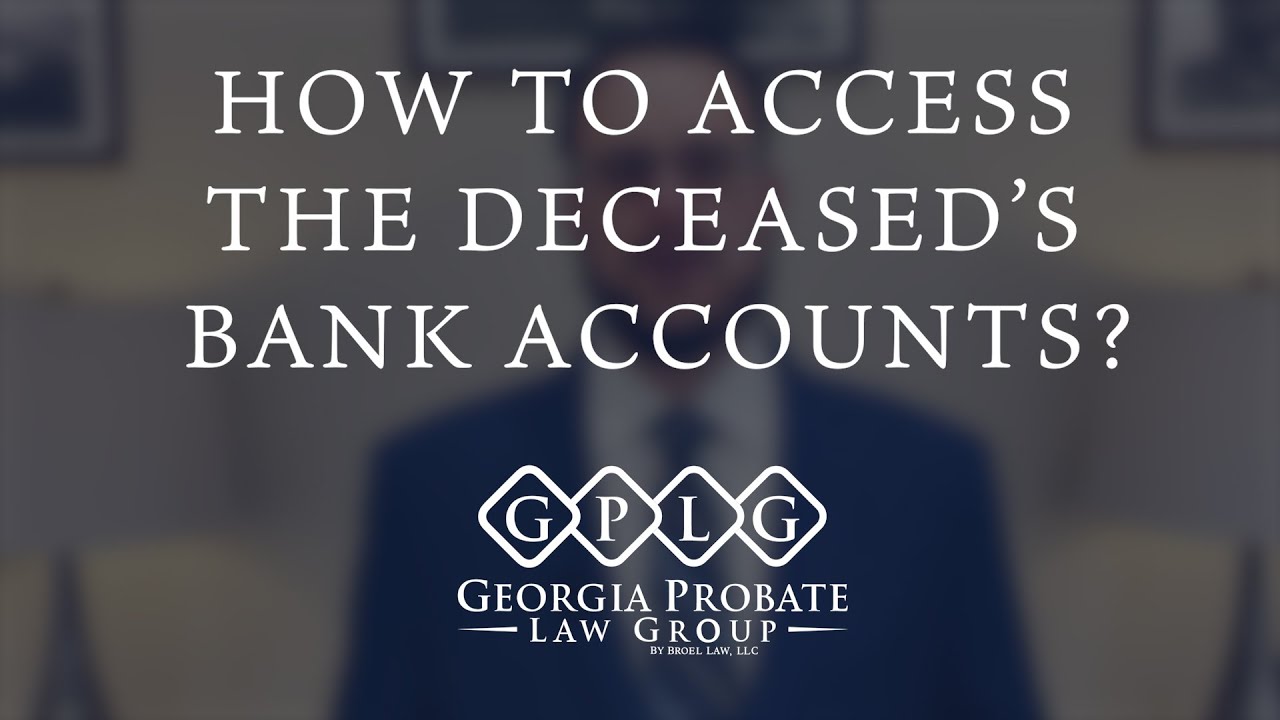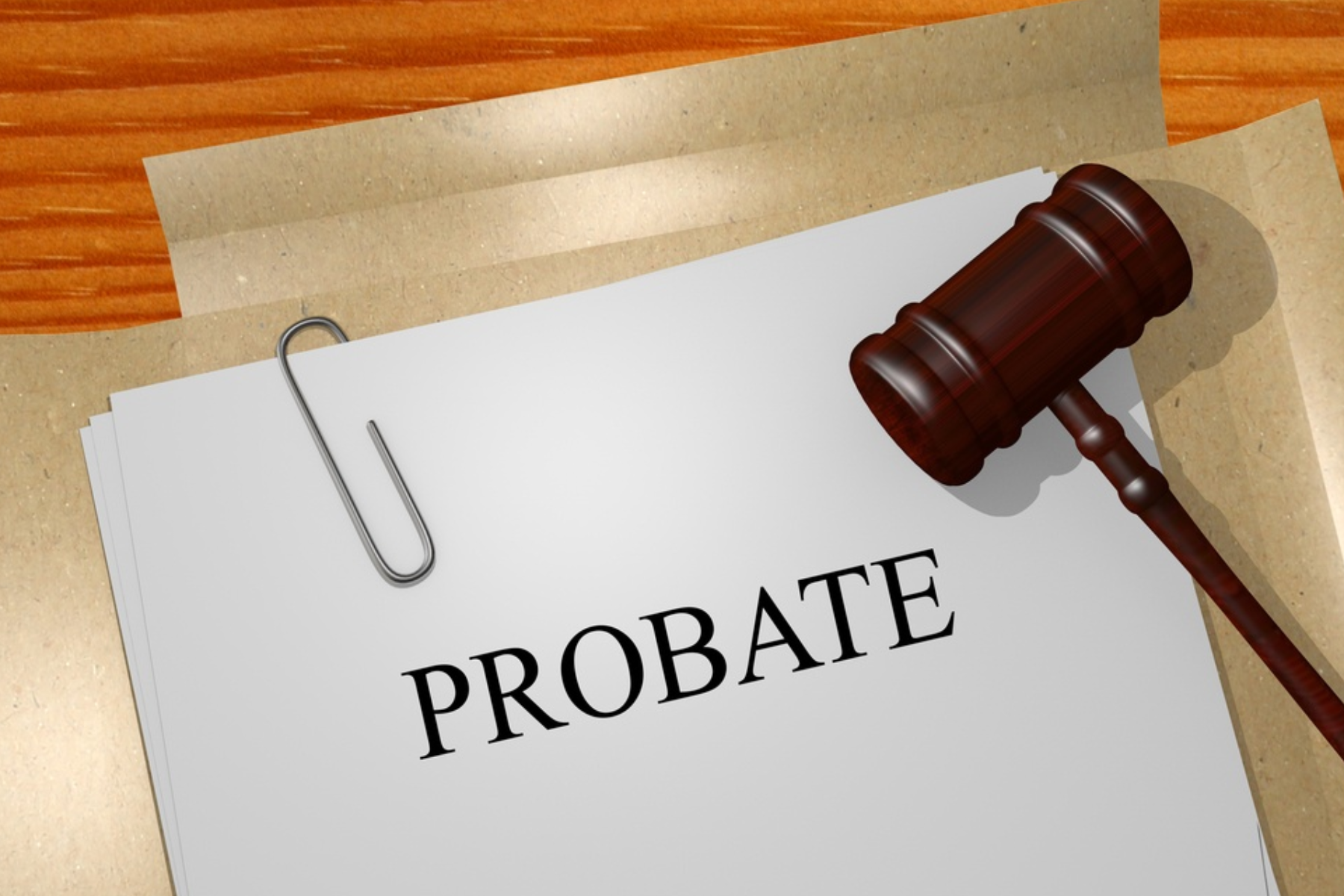What Happens To A Settlement When A Person Dies - Legal Process
When a loved one passes away, it can be a difficult and overwhelming time for the family and loved ones. So, you may be wondering, what happens to a settlement when a person dies? It is important to understand the legal process of settling their estate, as it ensures that their final wishes are carried out and their assets are distributed fairly.
Jan 30, 2023832 Shares416K Views

When a loved one passes away, it can be a difficult and overwhelming time for the family and loved ones. So, you may be wondering, what happens to a settlement when a person dies? It is important to understand the legal process of settling their estate, as it ensures that their final wishes are carried out and their assets are distributed fairly.
Knowing what happens to a settlement when a person dies is crucial in order to navigate the probate process, pay off debts and taxes, and distribute assets to the rightful heirs and beneficiaries. It also helps in avoiding potential disputes and litigation.
With a solid understanding of the legalities involved, you can make sure that your loved one's legacy is honored and their assets are protected. So, be proactive and educate yourself on the subject, it can save you time and stress in the long run.
Crucial Process You Must Understand
Probate Of The Will
Probate is the legal process of taking care of a person's property after they have died. It includes making sure the will is valid, if there is one, and choosing an executor or administrator to handle the distribution of assets.
The executor or administrator is in charge of gathering and evaluating the deceased person's assets, paying any debts and taxes, and giving the remaining assets to the beneficiaries or heirs according to the will or state laws of intestacy.
The probate process starts with a petition, a copy of the will, and a copy of the death certificate being sent to the probate court. The court will then choose an executor or administrator to take care of the estate of the dead person.
If the person who died had a will, it must be filed with the probate court, and the court will make sure it is valid and legally binding.
If the person who died didn't have a will, the court will appoint an administrator, and the assets will be given out according to the state's laws for people who die without a will.
Once the executor or administrator has been chosen, they must notify all of the deceased person's known heirs, beneficiaries, and creditors. They must also list and value the assets of the person who died and pay off any debts or taxes. After that, the assets can be given away based on the will or the laws of the state if there is no will.
The probate process can take a long time and be hard to understand. It is important for the executor or administrator to know what their duties are and follow all the rules. Also, the process can be expensive, so the executor or administrator of the estate needs to be careful with the money.
Distribution Of Assets
Distribution of assets is the process of giving a person's assets to their heirs and beneficiaries based on their will or the state's laws for people who die without a will.
It is done after all debts and taxes have been paid and probate is over. The estate's executor or administrator is in charge of finding the assets and figuring out who is entitled to them.
This could include real estate, personal property, bank accounts, stocks, and other investments. The assets are given to the people named in the will or by state law. Usually, the surviving spouse and children get the most. If there is no will, the assets are split up according to the laws of intestacy in the state.
Here Are The Three Important Legal Processes
- Payment of Debts and Taxes:Once the executor or administrator has been appointed, they must pay off any debts or taxes that are owed by the deceased person's estate. This includes outstanding loans, credit card balances, medical bills, and taxes. The executor or administrator must also file any required tax returns for the deceased person and the estate.
- Transfer of Real Estate:If the deceased person owned any real estate, it must be transferred to the rightful heirs or beneficiaries. This can include transferring the property's title to a new owner or selling the property and distributing the proceeds. The executor or administrator is responsible for managing the transfer process and making sure that it is done legally and correctly.
- Final Account and Closing of the Estate:Once all assets have been distributed, the executor or administrator must provide a final accounting to the probate court and the beneficiaries. This includes a detailed report of all assets and liabilities, as well as all transactions made during the probate process. Once the court approves the final account, the executor or administrator can close the estate and distribute any remaining assets to the beneficiaries.
Additional Processes For Settling Inheritance
Dispute Resolution and Litigation:Disputes can arise during the probate process, particularly if there are disagreements about the distribution of assets or the validity of the will. The executor or administrator must try to resolve any disputes through negotiation and mediation, but if necessary, the dispute can be brought before the probate court for resolution.
Revocation or Amendment of Trusts:If the deceased person established any trusts, they may need to be revoked or amended as part of the probate process. The executor or administrator must work with the trust's beneficiaries and trustees to ensure that the trusts are administered properly and in accordance with the deceased person's wishes.
Survivor Benefits and Life Insurance Payouts:If the deceased person had any survivor benefits or life insurance policies, the executor or administrator must ensure that these benefits are distributed to the beneficiaries according to the policy's terms.
Inheritance and Estate Taxes:The estate may be subject to inheritance and estate taxes. The executor or administrator must file any required tax returns and pay any taxes that are owed.
Administration of Digital Assets:As we are living in a digital age, it is important to take into account the deceased person's digital assets. such as online accounts, digital documents, and social media profiles. The executor or administrator must handle the administration of these assets in accordance with the deceased person's wishes and applicable laws.

How to Access the Deceased’s Bank Accounts? Who Can Access Deceased Person's Bank Account?
People Also Ask
Can A Case Be Filed Against A Deceased Person?
If no application is made under sub-rule (1) of Rule 4 within the time allowed by Article 120 of the Limitation Act of 1963, the suit will be dropped as to the deceased defendant.
How Long After Death Can I Claim?
How long do the people who depend on the person who passed away have to file a claim? The Pension Funds Act says that the member's dependents have one year from the date of death to file a claim.
Who Has Rights Over Deceased?
If a person dies without leaving a will, and they don't have a living partner, their whole estate goes to their children. This is true no matter how much money the estate has. If there are two or more children, the estate will be split between them into equal parts.
Final Thoughts
So, what happens to a settlement when a person dies? The information you've read will help you understand the process. It is important for the executor or administrator of the estate to follow these steps correctly to make sure that the deceased person's wishes are carried out and that their assets are divided in a quick and legal way.
Latest Articles
Popular Articles

